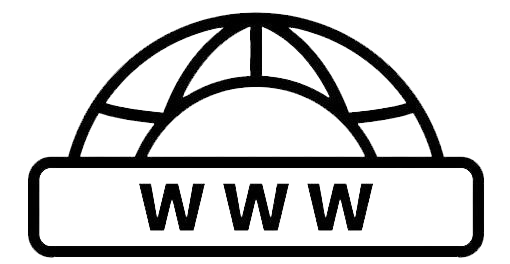Modified Date: April 26, 2021
Trust seals themselves may not directly impact SEO (Search Engine Optimization) in terms of affecting search engine rankings. SEO is primarily influenced by factors such as content relevance, site structure, backlinks, and user experience. Trust seals, however, can indirectly contribute to SEO by enhancing trust and credibility, which can positively affect user behavior and engagement.
We should focus on what actually provides authenticity to users, where users actually feel trust about a website that they’re looking at. Obviously, if there are some specific qualifications that you have, then it makes sense to highlight that on a page, but just taking random seals and copying and pasting them on a website, we don’t think that really impresses users and definitely doesn’t impress Googlebot. There are some big names that offer trust seal like Norton, McAfee and Comodo. These trust seal and security companies are often known to users and may help in earning user trust. Especially websites like E-commerce and websites that take user’s data should make sure to enforce basic security measures and these companies can help in implementing the basic security.
Google would focus more on what is actually acceptable by users and what makes sense there.
Here’s how trust seals may indirectly impact SEO:
User Trust and Engagement: Trust seals, especially those related to security and privacy (such as SSL certificates), can boost user trust. When users feel secure on a website, they are more likely to spend time on the site, engage with the content, and potentially convert. Positive user engagement signals, such as longer time spent on site and lower bounce rates, can indirectly impact SEO.Conversion Rates: Trust seals can increase the credibility of an online business, leading to higher conversion rates. If users trust a website, they are more likely to complete transactions or fill out forms. Improved conversion rates can positively influence SEO, as search engines often consider user satisfaction and positive experiences as indicators of a high-quality website.Reduced Bounce Rates: Trust seals that convey a sense of security and reliability may contribute to lower bounce rates. When users feel confident in the safety of a website, they are less likely to leave immediately after landing on a page. Lower bounce rates can be a positive signal for search engines, suggesting that the content is relevant and engaging.Brand Reputation: Trust seals can contribute to building a positive online reputation. A strong brand reputation can attract more organic traffic, backlinks, and social mentions, all of which can positively impact SEO.
While trust seals are beneficial for building trust and credibility, it’s essential to prioritize other fundamental SEO factors. These include providing high-quality and relevant content, optimizing site structure, ensuring mobile-friendliness, and acquiring authoritative backlinks. Trust seals should be seen as one element of an overall strategy to create a trustworthy and user-friendly online presence.
In summary, while trust seals themselves may not directly influence search engine rankings, their impact on user trust, engagement, and conversion rates can indirectly contribute to a positive SEO environment.
Similar Question was asked to John Mueller in Google office hours look what he said:
Top 10 Companies that Offer Trust Seal for Websites
Several reputable companies provide trust seals or security certificates for websites. These trust seals are often associated with various security and privacy features, assuring users that the website is safe to use. Here are some well-known companies that offer trust seals:
Trusted Site :Symantec (Norton) :Comodo :DigiCert :GlobalSign :Trustwave :GeoTrust :McAfee SECURE :Entrust Datacard :Let’s Encrypt :
When choosing a trust seal provider, it’s crucial to select a reputable Certificate Authority and understand the specific features and assurances associated with the seal. The trust seal should match the security needs and requirements of your website. Additionally, keep in mind that the SSL certificate itself, not just the trust seal, plays a vital role in securing data transmission between the user’s browser and your website.

